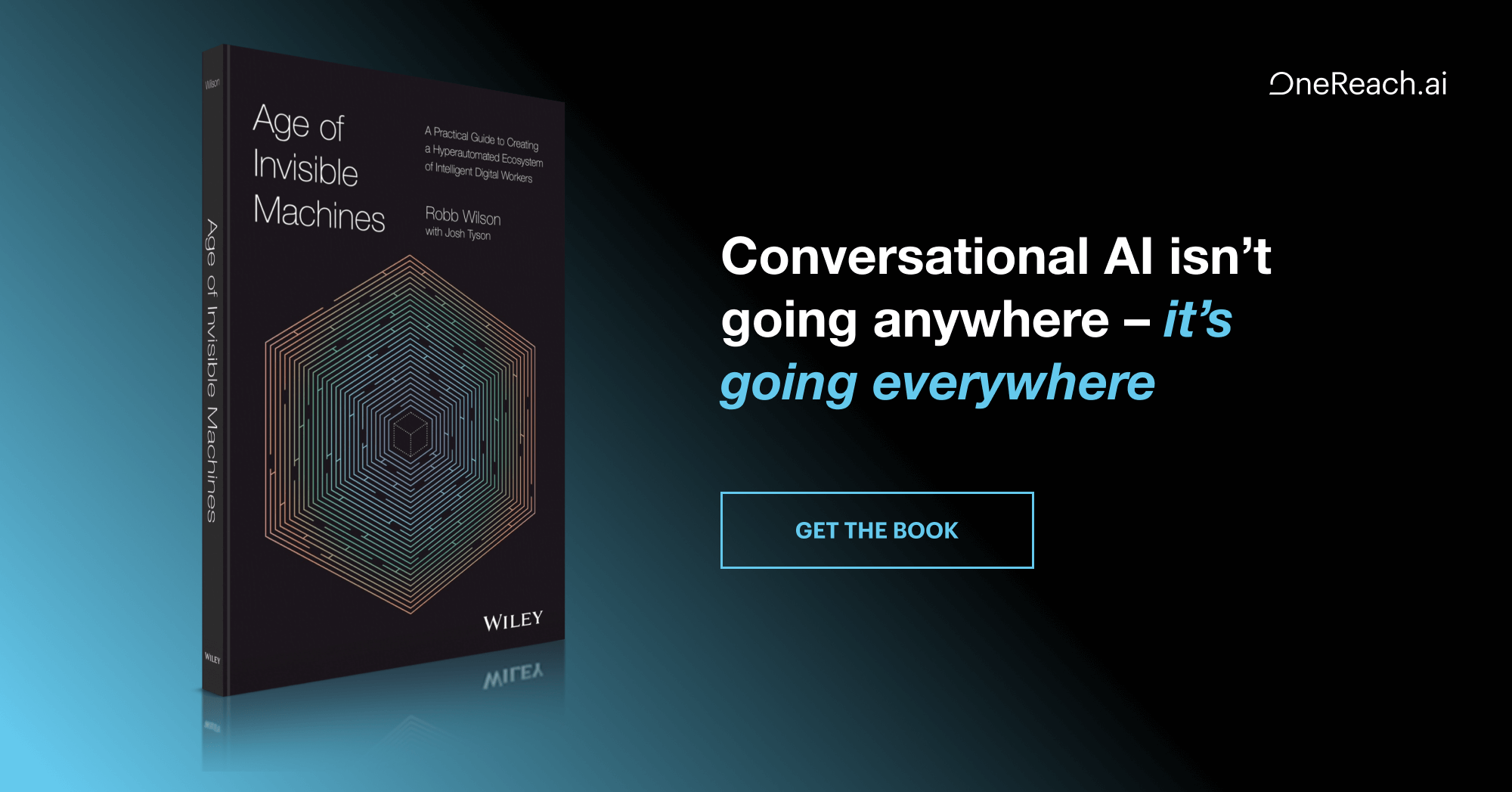Ethnography—the study of observing, documenting, and analyzing behavior—is a valuable business tool for discovering and understanding user needs. Because of this, we’re leveraging ethnography’s unique strengths to improve customer experience and provide insightful recommendations to our clients.
Ethnography is different from other forms of qualitative research because it requires complete immersion into real world situations and social dynamics. For the ethnographic researcher, the act of listening is as valuable as speaking or acting,and nonverbal feedback is recorded with the same level of detail as spoken word.
Ethnography aims to collect data that incorporates insider and outsider perspectives by observing the user and their environment, and then experiencing and participating within it. As a result, research findings reveal a more comprehensive understanding of the user and provide a number of business benefits.
Ethnography collects real world data from real world circumstances.
Removing a user from the environment where they typically interact with a product or service can dampen their ability to accurately recollect or provide feedback. Instead the ethnographic researcher leaves the office for the field and becomes familiarized with the customer’s journey and emotional state—intangibles that can’t be quantified or drawn up in a survey, but can reveal the unmet needs or underlying costs of a service. While market research gives you facts, ethnography allows you to understand the experience.
Consider the design insights that come from observing airport travellers. In an airport lounge, an ethnographer may note how people choose to sit on the floor near walls containing electrical outlets rather than the seats provided. They may even observe competition among travelers to secure these coveted spots. Using this knowledge, the ethnographer can effectively communicate traveller needs to airport authority whose response may be to install chairs and lounges with accessible outlets or USB charging ports nearby.
Ethnography captures user stories and experiences.
Ethnographic methods focus on producing sincere and introspective feedback by building rapport and engaging users as experts rather than research subjects. Informal and loosely structured interactions encourage participants to share their honest opinions and experiences in a comfortable setting with a dedicated listener. By placing a high value on real life user narratives, ethnography builds empathy and provides rich media assets and anecdotes for client-facing enterprises.
Ethnography fosters broader and deeper insights.
Shifting research out of the office and into the wild, ethnography captures candid situations, natural and nonverbal reactions, and unanticipated scenarios. Recording this contextual information contributes to a deeper understanding of user behavior and highlights user scenarios often passed over in idealized user journey maps. This approach is valuable since insights build on what people actually do, rather than on self-reported data which can be remarkably discordant. Ethnographic insights thus incorporate a much broader understanding of the way a product or service is treated in the context of everyday life.
In-depth findings help concepts smoothly transition into prototypes.
Ethnography works best if not bound to a set of criteria or field of inquiry. Research methods are designed to be flexible and adaptable enough to investigate multiple dimensions of a customer’s experience. Thoroughly understanding the user journey and the strengths and shortcomings of a service bolsters innovation and sets the stage for building prototypes and models that align to user needs. When you have stories—not just numbers—to provide context, putting insights into action is more straightforward.
Ethnography can revitalize a company’s business strategy.
The insights and comprehensive datasets ethnography provides often reveal nuanced behavior or long-term trends of users. When a business understands the emotional values that a user connects to a product or service, they can revise their strategies to align with the needs of their current and future customers.
Who needs ethnography?
Ethnography’s comprehensive approach to understanding user behavior and experiences develop rich storytelling assets and goes beyond facts and market statistics to investigate the why, not just the how.Accordingly, ethnography provides value to businesses looking for long-term impact such as those:
- Curious how their product/service incorporates into daily life
- Looking to investigate user behavior
- Interested in how users interact with their multiple services and how those services interplay
- Struggling to identify or articulate their problem
- Unsure why they are “lagging behind” or losing market share
Ethnography is an excellent solution when indistinct problems or goals necessitate an open-ended inquiry. Exploring an issue holistically can address business challenges that are conceived as too messy or ambiguous to necessitate their own analysis.
Built upon authentic user narratives and circumstances, ethnography is invaluable to businesses looking to improve their services or products. Using ethnography, we’re able to help clients improve their customer experience with data that values real needs, real behaviors, and real users.
Photo credit: Andrew West




